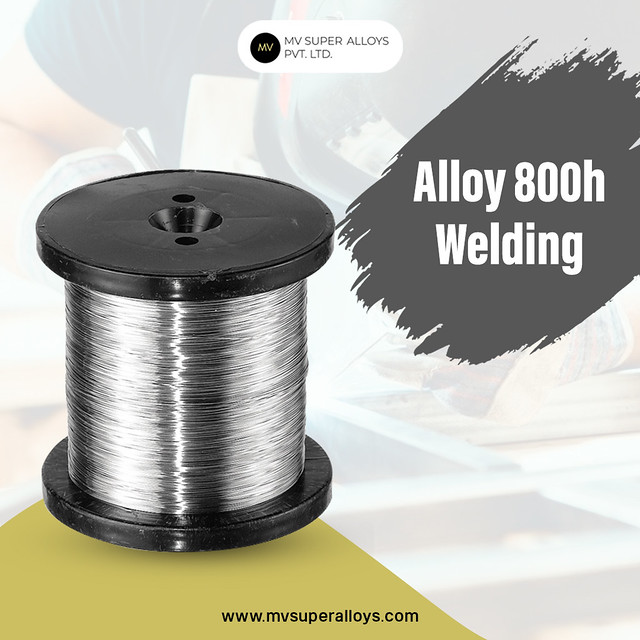Alloy Sheet: A Gui High Strength Carbon Steel Plate de to Manufacturing, Characteristics, Advantages, and Usage
Introduction:
Alloy sheets are essential materials widely used in various industries for their exceptional properties. They offer a perfect balance between strength and flexibility, making them ideal for many applications. In this article, we will explore the manufacturing process of alloy sheets, discuss their characteristics and advantages, provide guidelines on how to select the right one for your needs, and conclude with key takeaways.
Manufacturing Process:
The production of alloy sheets involv Aluminum foil es several steps to ensure the desired qualities. The base material is selected based on specific requirements such as corrosion resistance or high tensile strength. Stainless steel sheet forms an excellent starting point due to High Strength Carbon Steel Plate its durability and anti-corrosive nature. Metal plates made from aluminum foil or tinplate are also commonly utilized in the creation of alloy sheets due to their lightweight yet sturdy composition.
Once the base material is chosen, it undergoes an alloying process where different metals are combined at high temperatures. This process gives alloy sheets their unique properties by enhancing strength while m Alloy Sheet aintaining malleability. Steel sheet alloys may incorporate elements such as carbon or chromium to further improve toughness and resistance against wear.
Characteristics:
Alloy sheets possess several notable characteristics that make them stand out in numerous industrial applications:
1) High Strength: Alloy sheets exhibit exceptional strength-to-weight ratios compared to traditional materials like plain carbon steel o Alloy Sheet r pure aluminum.
2) Corrosion Resistance: Thanks to stainless steel’s presence in most alloys, these sheets demonstrate excellent resistance against rust and other chemical reactions.
3) Versatility: Alloy sheets can be cus Alloy Sheet tom-made with specific compositions tailored towards particular uses ranging from automotive parts to construction panels.
4) Formability: Despite their robustness, these metal sheets can be easily shaped into various forms without compromising structural integrity.
Advantages:
Utilizing alloy sheets offers numerous advantages o Stainless steel sheet ver conventional materials:
1) Weight Reduction: Due to their higher strength, alloy sheets allow for the design of lighter structures and products, resulting in fuel efficiency and cost savings.
2) Durability: Their resistance to corrosion and wear ensures increased longevity compared to non-alloy alternatives.
3) Enhanced Performance Under Stress: Alloy sheets exhibit superior performance under high pressure or extreme temperatures, offering improved safety margins.
Usage:
Alloy sheets find applications across multiple

industries. From automotive manufacturing to architecture, they play a significant role:
1) Automotive Industry: Alloy sheets are used in body panels, chassis components, and other critical parts that require strength without excessive weight.
2) Cons Alloy Sheet truction Sector: These sheets contribute to the creation of durable roofs, cladding systems, and structural supports due to their corrosion-resistant properties.
3) Electronics Manufacturing: Alloy sheets provide efficient heat dissipation when used as heat sinks or casings for electronic devices.
Selecting the Right Product:
When choosing an alloy sheet for your specific needs, consider the fo

llowing factors:
1) Purpose: Identify whether you need high strength or better resistance against environmental conditions like humidity or chemicals.
2) Compatibility: Ensure compatibility with other materials if it will be used as part of a larger assembly such as fasteners or welding electrodes.
3) Cost-Effectiveness: Balance performance requirements with budget limitations by exploring different alloys available in the market.
Conclusion:
Alloy sheets offer an outstanding combination of strength and versatility. With their unique characteristics like high strength-to-weight ratios and exceptional corrosio

n resistance provided by stainless steel compositions; they have become indispensable materials across various industrial sectors. By understanding how al Metal plate loy sheets are manufactured, their advantages over traditional materials,
application areas,and selection criteria; one can make informed decisions when incorporating them into projects. Embrace the power of alloy…
